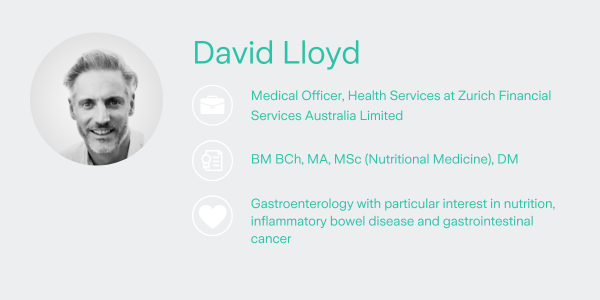Environmental Wellness: Challenges for 21st Century Healthcare
Social healthHealth TipsJuly 10, 2024
In recent years, the idea of health has expanded beyond the traditional concepts of medical diagnosis and intervention. Environmental wellness is a philosophy that emphasizes the connection between human health and the health of the planet.
The impact on the individual
The impact of the environment on human health is profound. Air quality and pollution contribute to a range of respiratory conditions such as asthma, bronchitis and lung cancer. Prolonged exposure to air pollution has also been linked to cardiovascular disease, neurological conditions, and adverse birth outcomes. Water quality also plays a part particularly in developing countries where waterborne diseases such as cholera and dysentery are still common.
The environment around us, including homes, workplaces and communities can influence both our physical and mental wellbeing. Access to ample green spaces promotes physical activity, social cohesion and psychological resilience.
Climate change poses additional challenges to human health. Rising temperatures, extreme weather events, and changing rainfall patterns exacerbate heat-related illnesses, vector-borne disease and food insecurity. Anxiety relating to climate change is also increasingly contributing to mental health issues.
The impact on healthcare systems
Western nations’ healthcare systems are responsible for about 5% of their respective national carbon footprints. If the health industry were a country, it would be the world’s fifth largest carbon emitter. Hospitals are major contributors to carbon emissions, with a typical hospital consuming three times more energy than a similarly sized commercial building. Production, transportation, and disposal of pharmaceuticals and medical devices, alongside energy-intensive hospital operations, are also significant contributors to healthcare’s environmental load.
Hospitals and healthcare providers are increasingly starting to implement more sustainable practices. For example, the UK’s National Health Service (NHS) has committed to reach net zero carbon emissions by 2045. As part of this plans, the NHS is using its central buying power to incentivise pharmaceutical and technology companies to accelerate sustainability plans and decarbonize supply chains.
The heating and cooling of hospital buildings and the widespread reliance on sterile single-use plastics is a large obstacle for the industry. However, there are some easy wins. For example, switching from using the general anaesthetic desflurane to using sevoflurane reduces greenhouse gas emissions of anaesthesia by 20 times. This is significant, given that 7 hours of anaesthesia using desflurane produces emissions equivalent to a car journey from Zurich to Beijing and back!
The impact of preventative healthcare
Preventative health measures can provide a sustainable solution to the challenge of reducing the environmental impact of healthcare. By focusing on preventing chronic conditions and promoting overall wellness, healthcare systems can significantly reduce the need for energy-intensive treatments.
The economic benefits of prevention are well-documented, with reduced healthcare costs resulting from fewer hospitalizations and medical interventions. This economic saving is inherently linked to environmental benefits. Fewer hospital visits mean less transportation-related emissions. On top of this, a reduced need for medical interventions translates to lower energy consumption and waste production within healthcare facilities.
Insurance providers are uniquely positioned to encourage policyholders to adopt healthier lifestyles. Wellness programs build engagement and incentivise participation in prevention programs. Such measures have the potential to reduce the number of chronic health conditions and the resulting burden on healthcare systems. By prioritizing both preventative health measures and sustainability, insurers and healthcare providers can improve the health of individuals while contributing to the wellbeing of the planet.

Find a range of health resources in the LiveWell app, download here or by scanning the QR code below.

References:
How can collective action in healthcare help tackle the climate crisis? | EY – Switzerland



